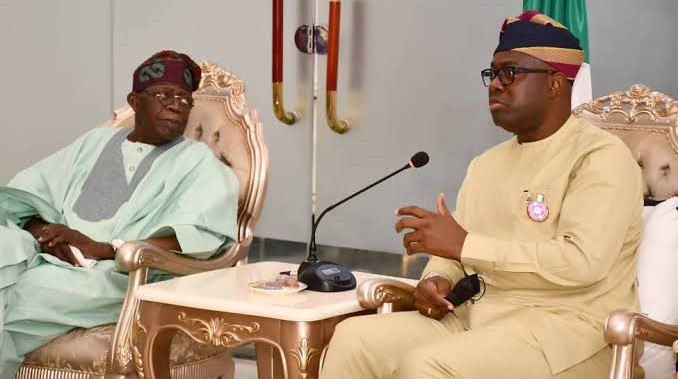Governor Seyi Makinde of Oyo State has clarified that the ₦570 billion released to Nigeria’s 36 states was not a bailout or direct financial aid from President Bola Tinubu’s administration. Instead, he explained that the funds were part of a World Bank-assisted project aimed at supporting states in recovering from the economic impacts of the COVID-19 pandemic.
During a nationwide broadcast on Sunday, following the #EndBadGovernance protests that disrupted activities in major cities, President Tinubu had announced that his administration had released over ₦570 billion to the states to expand livelihood support for citizens. He also mentioned that 600,000 nano-businesses had benefitted from the government’s nano-grants, with an additional 400,000 expected to benefit.
However, Governor Makinde on Thursday provided further context, explaining that the ₦570 billion was tied to the World Bank’s NG-CARES project, a “Programme for Results” initiative. The NG-CARES project, which stands for COVID-19 Action Recovery Economic Stimulus, was designed to help states recover from the pandemic’s impact.
“This is yet another case of misrepresentation of facts,” Makinde stated. “The said funds were part of the World Bank-assisted NG-CARES project. The World Bank facilitated an intervention to help Nigerian states with COVID-19 recovery. It was called ‘Programme for Results’ because states had to use their own funds in advance to implement the program.”
He further explained that the federal government did not provide any direct funds to the states. Instead, the World Bank reimbursed the states through a federal platform after verifying the amounts spent on the program.
Governor Makinde also emphasized that the World Bank funding was a loan, not a grant, and each state is responsible for repaying it. He noted that the NG-CARES program, known as Oyo-CARES in his state, predates the current federal administration.
“In response to the president’s message, the federal government did not give Oyo State any money. We were reimbursed funds—₦5.98 billion initially and ₦822 million subsequently—that we had invested in the three result areas of NG-CARES, which included input distribution to smallholder farmers within our state,” Makinde explained.
He also highlighted that the World Bank adopted Oyo State’s model for the biometric capturing of beneficiary farmers as the standard for the NG-CARES program.
